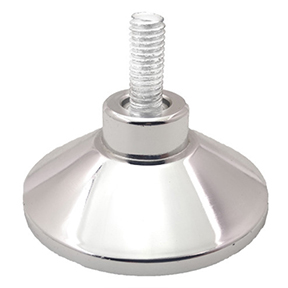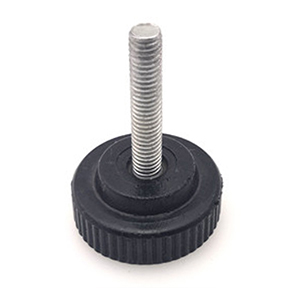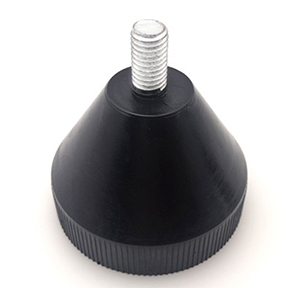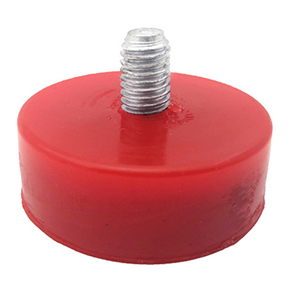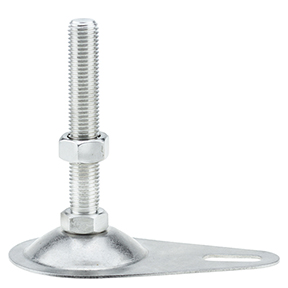Israeli air strikes: A warning to Syria's Assad
hat strike was a warning, an effort to dissuade the regime of President Bashar al-Assad from contemplating any similar transfers to his allies in Lebanon.
These latest strikes suggest that this hoped-for deterrent effect has not been achieved. They demonstrate the Israeli Air Force's ability to hit targets well inside Syria, but they could be the first of many - a regular pattern of attacks that at any moment could risk provoking Syria, along with Hezbollah, into a regional war. The nightmare of a major spill-over of the Syria crisis would have become a reality.
So what is Israel's concern? While a good share of Israel's and indeed Washington's attention is taken up by fears about Syria's chemical arsenal falling into the wrong hands, these latest air strikes underscore Israel's equal worry about sophisticated conventional weapons being passed to Hezbollah. This includes sophisticated anti-aircraft missiles, anti-shipping missiles, or accurate long-range ground-to-ground missiles. Such concerns are longstanding.
Some four years ago, the then Israeli government of Prime Minister Ehud Olmert warned that it would not tolerate what it called "game-changing" weapons being transferred to Hezbollah.
According to US intelligence sources, the target of the first of these latest Israeli attacks which took place overnight on Thursday was a shipment of ground-to-ground missiles at a warehouse at Damascus airport.
The missiles, which had been shipped from Iran, according to the sources, were Fateh-110s - a mobile, highly accurate solid-fuelled missiles with the capability of hitting Israel's main population centres, like Tel Aviv, from southern Lebanon.
What's not clear, American officials admit, is exactly who the missiles were intended for - the Syrian army or Hezbollah. But the airport warehouse is said to have been under the control of personnel from Hezbollah and Iran's paramilitary Quds Force.
Longer game?
This episode highlights once again the strong triangular relationship between Tehran, Damascus and Hezbollah. Indeed, recent reports hint at Hezbollah's growing involvement in Syria's civil war with - according to some sources - hundreds of Hezbollah fighters supporting President Assad on the ground.
Iran, seeing its Syrian ally on the ropes, is clearly eager to bolster Hezbollah's defences in Lebanon. For his part, President Assad may feel obliged to transfer weaponry to Hezbollah in return for its active assistance. Indeed, the faster the Syrian regime crumbles, the faster the pace of weapons transfers may become.
Such transfers have advantages for Mr Assad as well. He may well be playing a longer game. Should his regime lose ground, he might be forced back into the Alawite heartland on the coast, and Hezbollah's military infrastructure in Lebanon would become an even more important ally, with much of Syria lost to him. On the other hand, if Mr Assad survives in Damascus, then a strengthened Hezbollah retains a constant threat of escalating the crisis into a regional conflict - something the US and its allies are desperate to avoid.
Given the scarcity of hard facts, it is difficult to come to definitive conclusions. Some Israeli reports, for example, suggest that the missiles struck at the Damascus warehouse were not Iranian Fateh-110s but the similar, Syrian-manufactured M-600.
What's even more intriguing is the second of the two Israeli air strikes in the early hours of Sunday morning. The target here was a military complex around Jamraya - an area with headquarters, research facilities and so on. We still do not know the specific target or targets hit, though the flames and explosions would have been visible to many people in Damascus itself. It is perhaps the nature of the target here that contains the real Israeli message to the Syrian president.
This now leaves Mr Assad and his Hezbollah allies in a difficult position. Should they respond in some way? Both see themselves as champions of the resistance against Israel. In the past, Hezbollah has sought to attack Israeli or Jewish targets overseas. Certainly any direct military response from Syria or southern Lebanon risks a much larger confrontation, which both President Assad and the Hezbollah leader Hassan Nasrallah would wish to avoid.
But it's hard to imagine the weapons shipments being halted. Too much is at stake. Depending upon the weather and Israel's intelligence capabilities, some may still get through.
But the Syrian crisis is entering new territory here. No wonder that experienced Israeli military analysts are already warning of the danger of war, as what promises to be a long hot summer fast approaches. Details remain sketchy, but Israel's air strikes against Syrian targets over the past few days are designed to send a powerful signal.
While President Barack Obama may be hesitant in acting to implement his "red-line" warning to Damascus over the potential use of chemical weapons, Israel is determined to enforce its own "red-line" relating to the transfer of sophisticated weaponry to Hezbollah.
Previous:Syria crisis: US-Russia accord offers no easy answers Next:Barack Obama defends 'just war' using drones
- Fracture repair knowledge ruled handwheel handle
- Troubleshooting ruled bakelite hand wheel and troubleshooting
- Ruled handwheel is a natural bakelite handwheel
- Bakelite valve installation, operation and maintenance
- New pressure-filled rubber mold bakelite handle
- Large hydro elastic metal plastic Thrust Bearing Technology
- Our robot industry development trends
- CNC machine tools towline Forecast
- Rotating the handle needle valve
- Rotation of the handle shut-off valve


